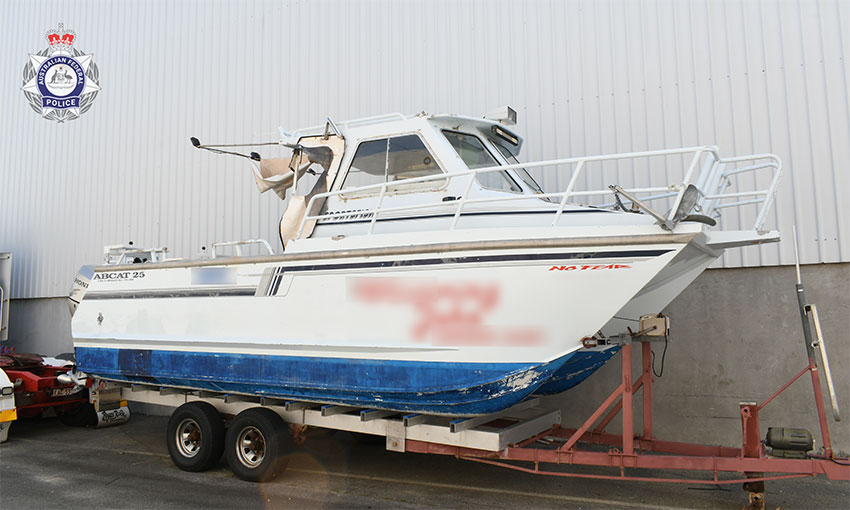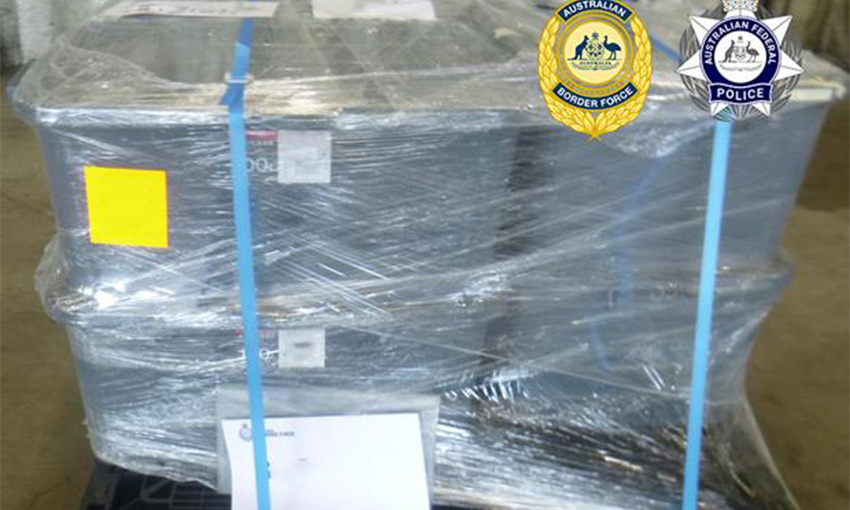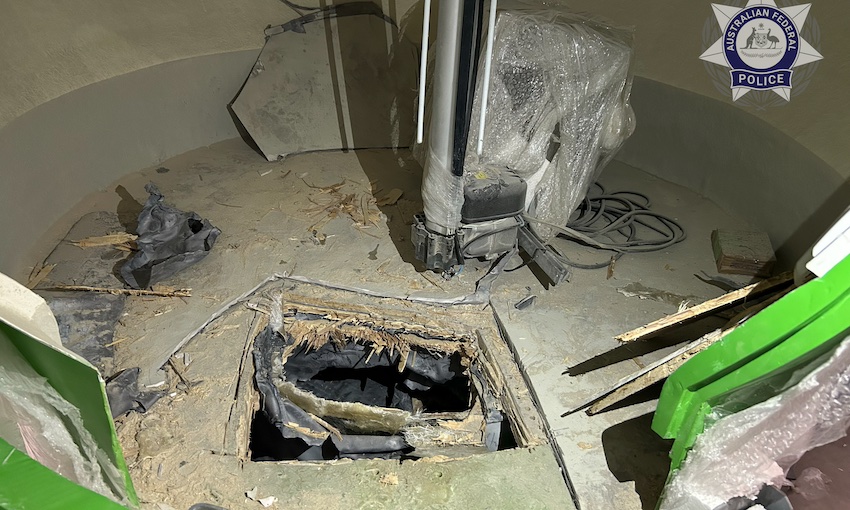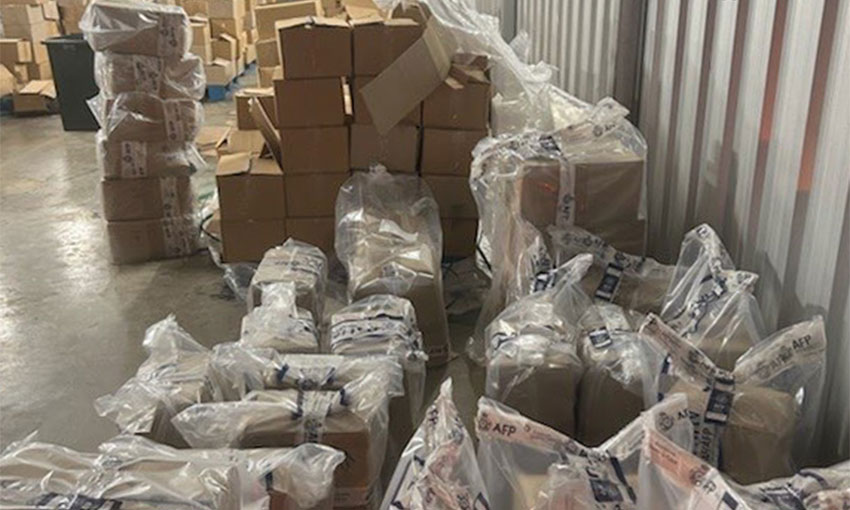POLICE have charged two men for their alleged involvement in the importation of 560 kilograms of cocaine into Australia via a bulk carrier.
Authorities seized the cocaine in August this year after the bulker allegedly dropped the drugs overboard off Western Australia.
Authorities believe a 45-year-old man from Queensland travelled to Western Australia on 31 July 2023 to collect the cocaine from the ocean off Denham.
Police will allege the man purchased a seven-metre fishing vessel with cash and took the boat out to sea on 7 August, but the planned drug collection failed when he struck trouble and needed to be rescued.
A second Queensland man, 53, also allegedly travelled to Western Australia for the attempted drug collection and was waiting at a boat ramp for the drugs to be brought back to shore on the boat.
Police believe he would have been responsible for driving the drugs from Western Australia to Queensland.
On 11 August Australian Federal Police and Western Australia Police Force officers searched a property in Kalbarri, about 570 kilometres north-west of Perth. Officers allegedly located about 560 kilograms of cocaine wrapped in plastic.
Officers from the AFP and Queensland Police Service arrested the two men in Mackay on 29 and 30 November.
The men faced court in Mackay on 30 November and were both extradited to Western Australia on charges of attempting to import a commercial quantity of cocaine.
The two men are expected to appear before court again on 12 January 2024.
Three other men from Queensland were already arrested in August at the Kalbarri property. Police believe they had also purchased a boat and used it to collect the cocaine from the ocean.
Those men – aged 29, 32 and 49 – remain before the courts.
The AFP said authorities have thwarted a spate of maritime drug plots in the past year.
AFP Crime Command Detective Superintendent Anthony Conway said at-sea imports had become a prominent method used by transnational serious organised crime syndicates to import drugs, particularly cocaine.
At-sea imports involve drugs being smuggled into Australian waters on ships and dropped in the ocean for retrieval by local crews.
Hiding the drugs in attachments on the hull of cargo vessels under the waterline or inside a ship’s sea chest cavity were also common methods.
Det-Supt Conway said those involved in at-sea trafficking enterprises are risking their freedom and their lives.
“We have seen instances of people who are not experienced with boats purchasing small vessels and heading out to sea in windy, rough conditions or in the dark – they’re risking their own safety and the safety of emergency services members who need to rescue them,” Det-Supt Conway said.
“Retrieving drugs from the hull of cargo vessels, even while they are berthed at port, is also dangerous because it usually involves diving at night in busy shipping channels.
“Divers can face unpredictable tidal conditions, be unable to plan how long they will be underwater and are diving without lights to avoid detection.”
Det-Supt Conway said criminal syndicates would take any opportunity to try to infiltrate legitimate international distribution channels – from hiding drugs on the hull of cargo vessels, to compromising ship crew or port workers.
He said the AFP was sharing intelligence with state, Commonwealth and international law enforcement partners to prevent transnational syndicates from hijacking cargo supply chains for criminal distribution networks.





